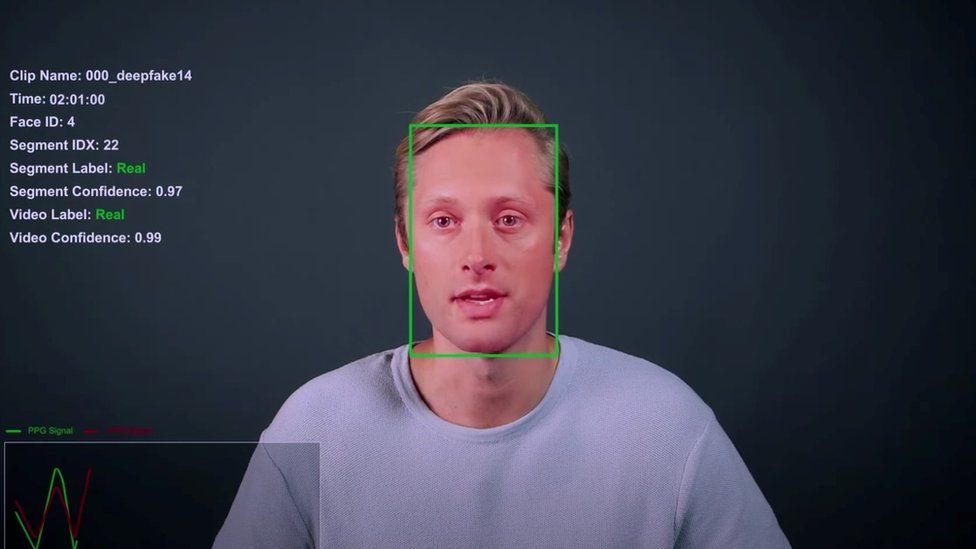According to the White House, seven of the top artificial intelligence companies have committed to managing the risks associated with the technology.
This will entail evaluating the security of AI and publishing the findings of those evaluations.
Along with US President Joe Biden, executives from Amazon, Anthropic, Google, Inflection, Meta, Microsoft, and OpenAI made the announcement.
It comes after a number of cautions regarding the technology's capabilities.
Fears about the spread of misinformation have been raised as a result of the companies' rapid tool development, particularly in the years leading up to the 2024 US presidential election.
President Joe Biden said in remarks on Friday that "we must be clear-eyed and vigilant about the threats emerging from emerging technologies that can pose - don't have to but can pose - to our democracy and our values.".
The parent company of Facebook, Meta, revealed its own AI tool, Llama 2, on Wednesday.
The hype "has somewhat run ahead of the technology," Sir Nick Clegg, president of global affairs at Meta, told the BBC.
The companies consented to the following as part of the deal they signed on Friday.
- Prior to release, their AI systems underwent internal and external expert security testing.
- putting watermarks in place to make sure people can recognize AI.
- regularly disclosing to the public AI's strengths and weaknesses.
- investigating the dangers, such as prejudice, discrimination, and privacy invasion.
The White House added that the intention is for people to be able to tell with ease when online content is produced by AI.
Mr. Biden said, "This is a serious responsibility; we have to get it right. Additionally, there is a huge, huge potential upside. ".
When visiting San Francisco in June, EU commissioner Thierry Breton spoke with Sam Altman, the CEO of OpenAI, about a variety of topics, including watermarks for AI-generated content.
In a tweet that featured a video clip of him and Mr. Altman talking, Breton wrote, "Looking forward to continuing our discussions - particularly on watermarking.
In the video clip, Mr. Altman expressed his desire to "show very soon" what OpenAI was doing with watermarks. ".
The voluntary safeguards that were signed on Friday are a step in the direction of more stringent AI regulation in the US.
According to a statement, the administration is also drafting an executive order.
The White House declared that it would also collaborate with allies to create a global framework to control the creation and application of AI.
There have been concerns raised about the technology, including the possibility that it could be used to spread false information, disrupt society, and even endanger humanity. However, some leading computer scientists have argued that such concerns are exaggerated.







